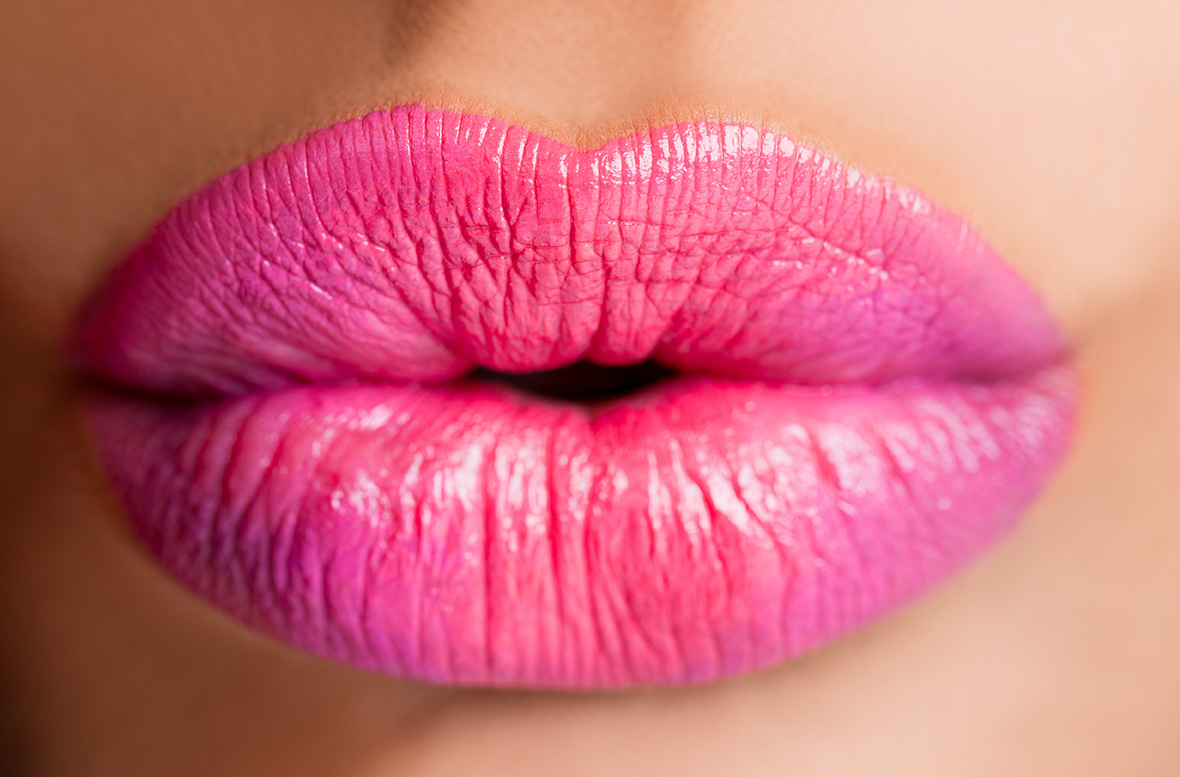
What's In A Kiss?
Well, according to a study published in the journal Microbiome, about 80 million microbes! Gross but true; that's how many bacteria get transferred during the typical lip lock.
Microbiome monitored the kissing behavior of 21 couples. They found that one 10-second French kiss, yes full tongue mouth-to-mouth contact, transferred 80 million germs from one partner to the other.
However, before you freak out and never kiss again, there are no conclusive implications of so many germs being exchanged according to researchers. So I suggest you use this research as a cool conversational topic. Alternatively, use it for pillow talk just before kissing your partner.
Rate Your First Kiss
There’s nothing like telling someone you love them than by gifting them a bevy of bacteria and other microbes that call your mouth home. Of course, when we are kissing another person, the last thing on our mind is the oral health consequences!
If life were fair, it would be impossible to catch anything remotely amiss from a kiss. However, in addition to things such as the flu bug or the common cold, it is possible to contract illnesses from a make-out session, which includes a few sexually transmitted ones.
However, to put things in perspective, the mouth is home to more than 700 types of bacteria, a lot right? Well, it isn't when you realize our bodies contain more than 100,000,000,000, that's TRILLION, microorganisms, which assist in fighting off disease and digesting food.
Some studies show if the diversity in bacteria increases, this is a good thing and kissing might act as a form of immunization, allowing you to build up resistance by exposing yourself to more microorganisms.
So if you look at it from that point of view --- kissing is healthy. I would add that it likely depends on whom you're kissing, and what type of oral microbial colonies they have.
6 Infections & Diseases You Can Get From Kissing
Gingivitis
According to Self, "Kissing doesn't just involve swapping spit—although, how unsexy does that sound when you're not actually doing it?—it also includes exchanging bacteria with the other person. Depending on both of your oral health care habits, that bacteria can cause gingivitis, which is a mild form of gum disease."
Dr. Tim Pruett, D.M.D. and Founder of Flossolution says, "We each have our own natural bacterial flora in our oral environments. When someone has poor hygiene, certain bacteria in and around the gum tissue can become overwhelming."
Cavities
Kissing, sneezing, sharing toothbrushes, and sharing utensils facilitate the spread of cavity-causing bacteria. We're not talking about a fatal disease here, but tooth decay is a communicable disease where germs can be spread mouth-to-mouth and can be prevented with good dental hygiene.
Meningitis
There is some meningitis that is a result of bacteria while other cases come about because of viruses. Close contact with a person who has viral meningitis can result in you getting the virus, but it's unlikely to actually turn into meningitis, according to the Centers for Disease Control and Prevention.
Bacterial meningitis is usually the kind associated with outbreaks because the bacteria can be spread through close contact, including kissing. But unlike the viral variety, the bacteria are more likely to cause meningitis in the host.
Herpes Simplex 1 (HSV-1) & Herpes Simplex 2 (HSV-2)
According to Self.com, "Herpes may be incurable, but it doesn't make you a pariah. It kind of makes you normal. Around two-thirds of the world's population under the age of 50 has herpes simplex 1 (HSV-1), which is known as the oral kind of herpes, according to the World Health Organization. Moreover, around one in every six Americans under the age of 50 has herpes simplex 2 (HSV-2), what's known as the genital kind of herpes, according to the Centers for Disease Control and Prevention."
Syphilis
The hallmark of syphilis, which is a highly infectious condition, is the development of sores in the mouth. These sores are usually open and round and combine to make syphilis transmissible through kissing.
Kissing isn't the most common way to transmit syphilis—oral, anal, and vaginal sex still rank higher. However, syphilis rates are currently on the rise, according to the CDC, so it's good information to have.
Mono (Mononucleosis)
You may know this as the so-called "kissing disease." It certainly deserves its nickname, because mono is caused by a virus that is easily transmitted through kissing, according to Mayo Clinic.
Treatment, according to the Mayo Clinic, involves plenty of bed rest, good diet and nutrition, and drinking plenty of fluids.
If you want to discover what kind of bacterial kisser you are, head over to Micropia and try their Kiss-0-Meter which will rate your passionate kiss on a scale from "dry, prudent kiss," which transfers a meager 1,000 bacteria, to a "hot" kiss, spreading millions in bacteria. You'll even get a report on the microorganisms you've exchanged.
Unfortunately for those who are single, there is no scientific data or defense for bringing back the kissing booth.
Kissing is good for you, so keep on kissing. However, be aware that a kiss, even a simple peck, is always more than just a kiss. In regards to oral health, kissing has both benefits and drawbacks.
The unavoidable exchange of microbes can improve your oral microbiome but can also lead to the transmission of harmful bacteria as well.
STDs and other saliva-borne diseases are always a concern. However, the benefits outweigh the risks. Just be careful whom you kiss and seek medical attention or treatment at the first sign of any oral diseases.



